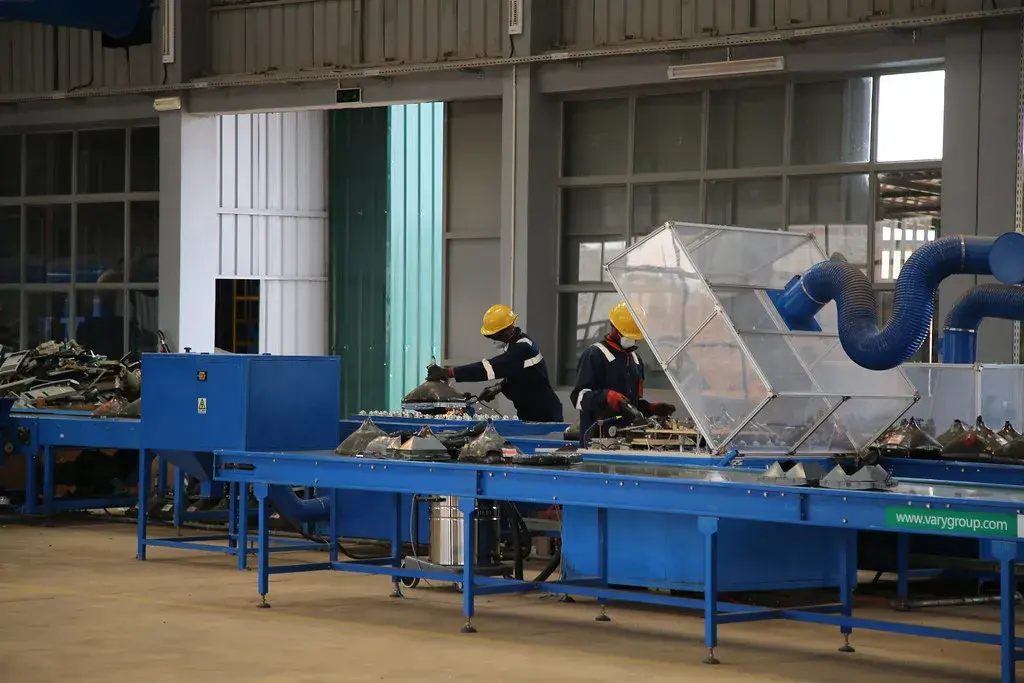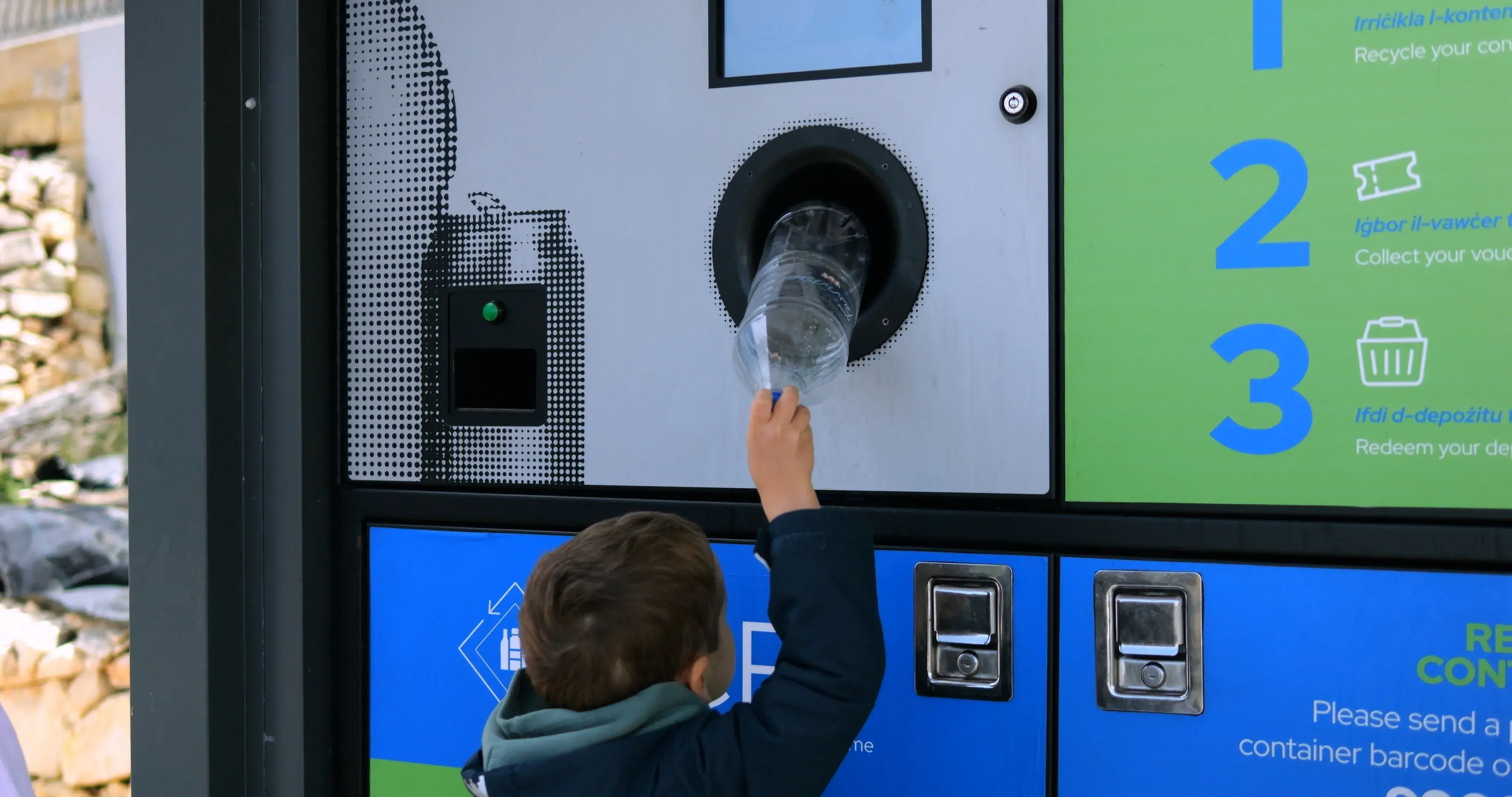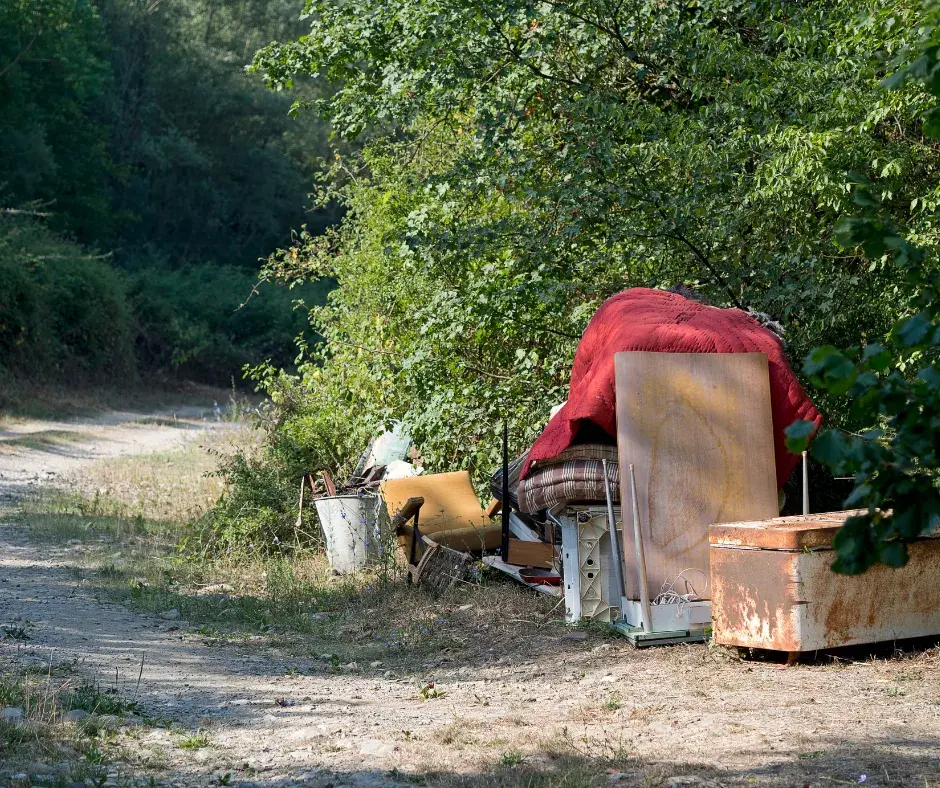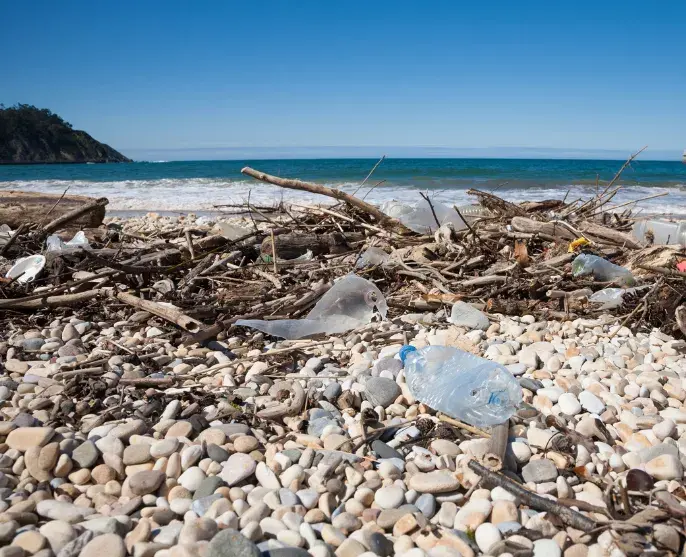Litter and pEPR
Although it is placed on the market by producers, it is local authorities, other bodies such as National Highways, and, ultimately, the taxpayer that pay the price of managing the millions of tonnes of poorly designed, excessive and unnecessary packaging, in line with their statutory duty to keep their land free of litter.
The effort of this endless clean-up also falls to our many thousands of Litter Heroes volunteers, who work tirelessly to help to clear littered packaging from our streets, parks and beaches.
Currently the cost of litter clearance will not be included in pEPR in England and Northern Ireland but will be in Wales and Scotland. We would like to see the cost of clearing up litter added to the scheme across the whole of the UK.
It is estimated that the cost of managing littered packaging by local authorities is up to £384m a year, but this figure only reflects a fraction of the cost.
Hidden costs
It does not include the costs incurred by other duty bodies (such as road and rail authorities, water authorities and national park authorities) or the contribution of litter-picking volunteers, nor does it reflect the resources that are allocated by local authorities and charities to litter prevention campaigns across the country.
Finally, the figure does not factor in the environmental cost of the thousands of tonnes of plastic waste that is not captured by street cleansing and finds its way into our countryside or through our watercourses into our oceans.







